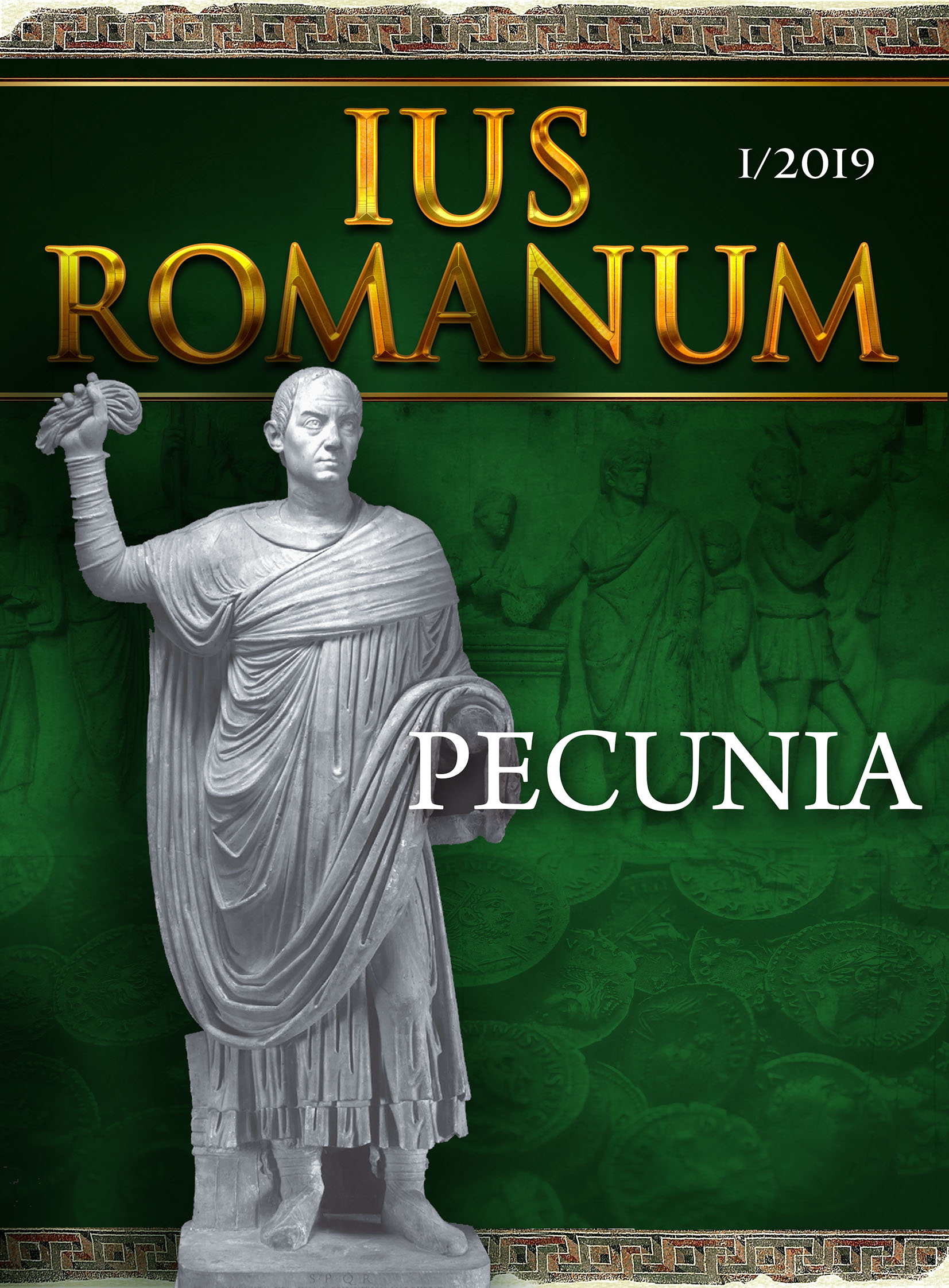THE INSTITUTE OF COMPULSORY PORTION
AS A LIMITATION ON TESTAMENTARY DISPOSITIONS IN ROMAN AND CONTEMPORARY LAW
THE INSTITUTE OF COMPULSORY PORTION
AS A LIMITATION ON TESTAMENTARY DISPOSITIONS IN ROMAN AND CONTEMPORARY LAW
Author(s): Novak KrstićSubject(s): Law, Constitution, Jurisprudence, History of Law, Constitutional Law, Criminal Law, Civil Law, Canon Law / Church Law, EU-Legislation, Commercial Law, Court case
Published by: Софийски университет »Св. Климент Охридски«
Keywords: compulsory portion; compulsory heirs; testamentary freedom; Roman law; con-temporary law
Summary/Abstract: Compulsory portion (forced share), in the countries of the European continental legal system, is the most effective and direct limitation of the testator’s freedom of testamentary disposition. The imperative nature of legal rules regulating the area of compulsory succession ensures the protection of property rights and interests of the decedent’s close family members from excessive gratuitous dispositions mortis causa and/or inter vivos, by which they have been unjustly evaded from succession. Compulsory heirs are guaranteed the right to request their compulsory portion of the succession estate, irrespective of the decedent’s will. Roman law in the Republican era is the cradle of the compulsory succession. The institute of compulsory portion had passed a centuries-long path of its development to the Justinian law, when effective system of its legal protection was established. In this paper, the stages of development of this institute in Roman law will be analyzed, as well as the role and importance of Roman law for the development of the institute of compulsory portion in the contemporary law. Moreover, the author will analyze current trends of regulation of forced heirship in the Continental European Law (Civil Law), and reforms that have been made by European legislators in recent decades.
Journal: IUS ROMANUM
- Issue Year: 2019
- Issue No: 1
- Page Range: 513-526
- Page Count: 14
- Language: English

